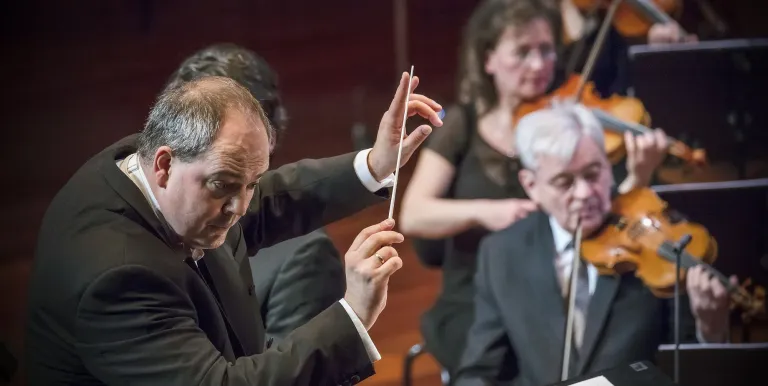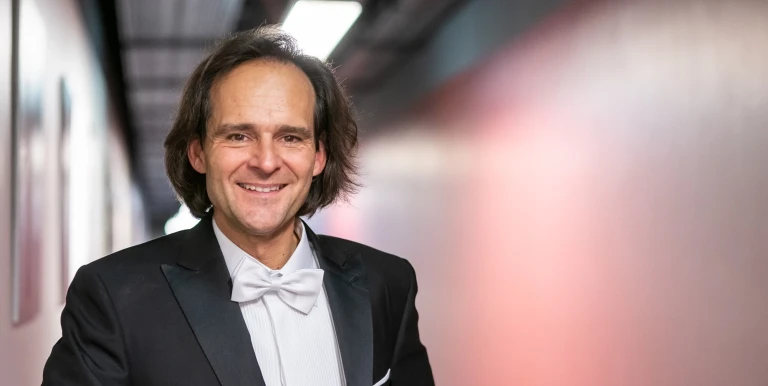one interval
Performers:
Featuring:
Conductor:
Charles-Hubert Gervais (1671-1744), who enjoyed a good relationship with the regent, Philippe II, the Duke of Orléans, was among the French composers inspired by the trend of goûts réunis, or 'reunited tastes', aimed at combining the French and Italian styles. From 1722, as the sous-maître de musique at the Chapelle royale and a composer recognised for his sacred music, he was also commissioned by the Académie Royale de Musique to write two tragedies, Méduse and Hypermnestre, as well as a ballet, Les Amours de Protée. Only Hypermnestre would find an enduring place in the repertoire: the work would be included in the programme in five opera seasons up until 1766. The work is indisputably one of the finest lyrical tragedies of the era between the death of Lully (1687) and the emergence of Rameau (1733).
The libretto is characterised by dark drama and an impeccable mastery of verse, while the music reveals great skill and an extraordinarily individual style. Gervais stands out from Lully's other successors in his feeling for complex harmonies, sudden dramatic interruptions, showy melodies and vocal and instrumental virtuosity. The resurrection of this work after two-and-a-half centuries of oblivion required complicated work and revision on the part of the researchers and publishers, as the score survived only in an incomplete state. György Vashegyi will conduct a brilliant cast at the head of his orchestra and chorus in order to assure that the modern Hungarian première of Hypermnestre takes place under the best possible circumstances. (Benoît Dratwicki)
Presented by: Sysart Kft. Orfeo Music Foundation
-
We wish to inform you that in the event that Müpa Budapest's underground garage and outdoor car park are operating at full capacity, it is advisable to plan for increased waiting times when you arrive. In order to avoid this, we recommend that you depart for our events in time, so that you you can find the ideal parking spot quickly and smoothly and arrive for our performance in comfort. The Müpa Budapest underground garage gates will be operated by an automatic number plate recognition system. Parking is free of charge for visitors with tickets to any of our paid performances on that given day. The detailed parking policy of Müpa Budapest is available here.










